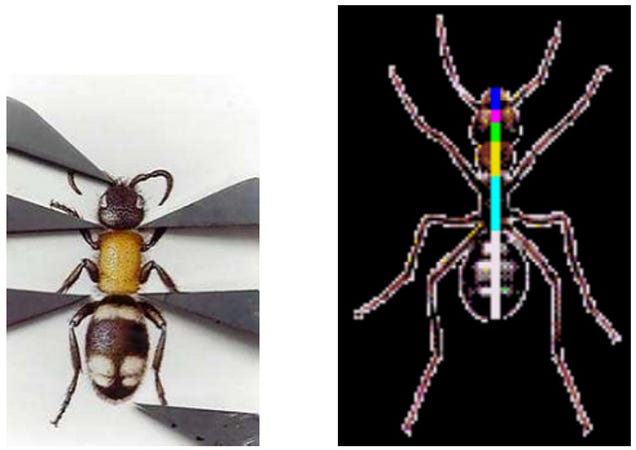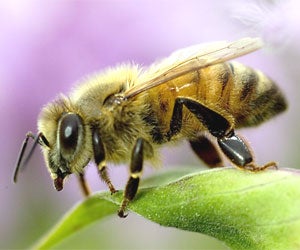In the tv show............the Xfiles.................Scully and David Duchvoney...........like wow............he starred alongside Brad Pitt in Kalifornia.................a movie about David D's research into serial killers in the South................................anyways............in one Xfiles show............the two fbi agents are somewhere..............in a large warehouse....................with plants..................and bees come out of nowhere.........................the artwork in the East gallery of art..............the lobby................on the north side............the one facing Penn ave......................there are 9 stone structures...............to my bad eye sight having self............look similar to bee hives................9.....................in the same, big, open spaced room.................at the opposite end..................are 11 metal rods............................Kadindisky's art work hanging above.................has 7 blue parts.............and 6 red parts..............making 13.............a f. sequence #..........................................................the spiritual and the physical.......................a master number and the number for love.................11 and 9 respectfully...............found alongside the F. sequence............which counts physical stuff..........................................
Or hows about bees......................like, don't bee square.........................
Even our
bodies exhibit proportions that are consistent with Fibonacci numbers.
For example, the measurement from the navel to the floor and the top of
the head to the navel is the golden ratio. Animal bodies exhibit similar
tendencies, including dolphins (the eye, fins and tail all fall at
Golden Sections), starfish, sand dollars, sea urchins, ants, and honey
bees.
12. Reproductive dynamics
Speaking
of honey bees, they follow Fibonacci in other interesting ways. The most
profound example is by dividing the number of females in a colony by
the number of males (females always outnumber males). The answer is
typically something very close to 1.618. In addition, the family tree of
honey bees also follows the familiar pattern. Males have one parent (a
female), whereas females have two (a female and male). Thus, when it
comes to the family tree, males have 2, 3, 5, and 8 grandparents,
great-grandparents, gr-gr-grandparents, and gr-gr-gr-grandparents
respectively. Following the same pattern, females have 2, 3, 5, 8, 13,
and so on. And as noted, bee physiology also follows along the Golden
Curve rather nicely.


No comments:
Post a Comment